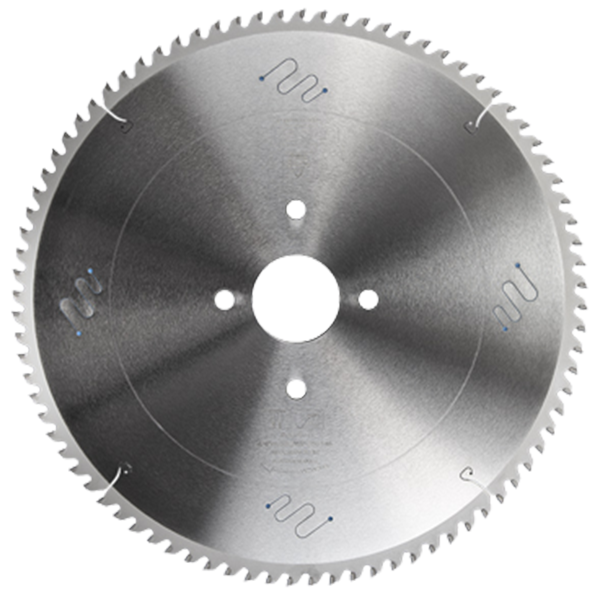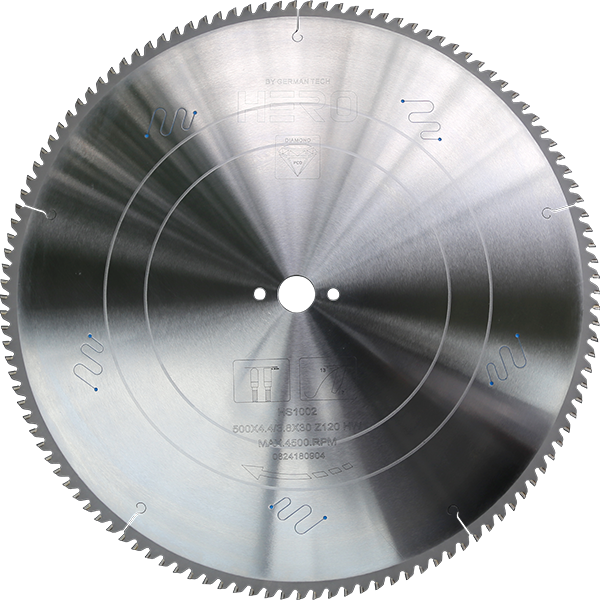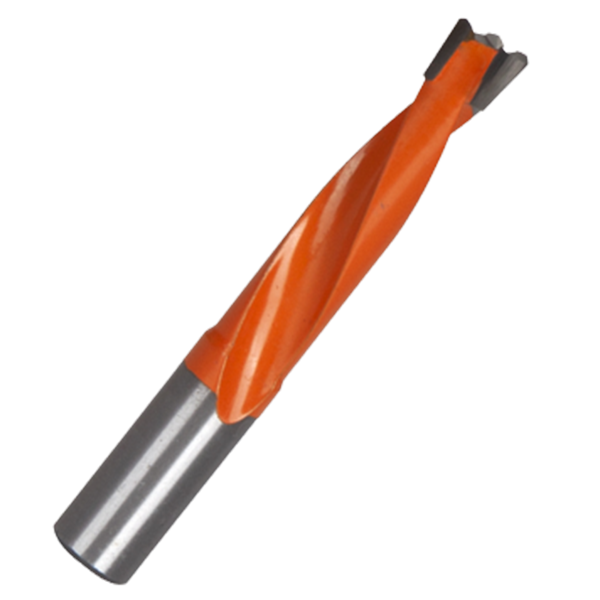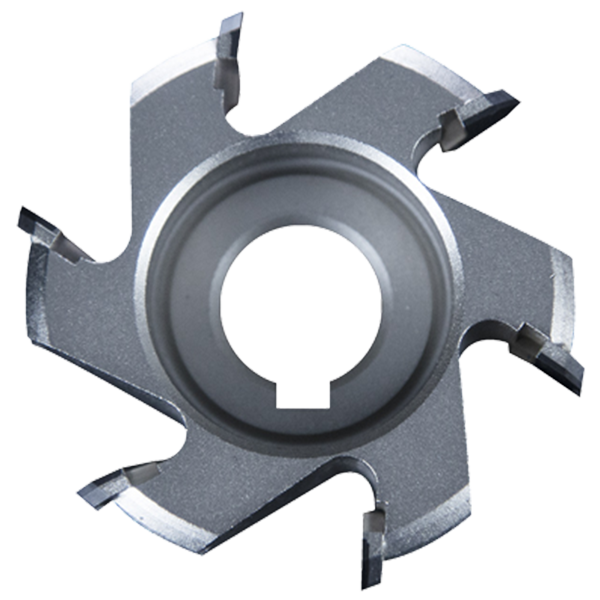Choosing the right drill bit for the right project is vital to the success of the finished product. If you choose the wrong drill bit, you risk both the integrity of the project itself, and damage to your equipment.
To make it easier for you, we have put together this simple guide to choosing the best drill bits. The Rennie Tool Company is dedicated to ensuring you have access to the best advice, and the best products on the market, and if there are any questions here that remain unanswered in ascertaining which drill bit to use, then we are happy to advise you accordingly.
Firstly, let’s state the absolute obvious – what is drilling? We believe that establishing exactly what we mean by drilling will put you in the right mindset to understand your drill bit needs more precisely.
Drilling refers to the cutting process of solid materials using rotations to create a hole for a cross-section. Without drilling a hole, you risk splitting and damaging the material you are working with. Equally, you need to make sure you only use the best quality drill bits. Do not compromise on quality. It will cost you more in the long term.
The actual drill bit is the tool that is fixed into your piece of equipment. As well as having a good understanding of the material you are working with, you need to assess the accuracy required of the job at hand. Some jobs require a higher degree of accuracy than others.
Whatever the material you are working with, here is our comprehensive guide to the best drill bits.
DRILL BITS FOR WOOD
Because wood and timber are relatively soft materials, they can be prone to splitting. A drill bit for wood enables you to cut through with minimal force, minimising any risk of damage.
Formwork and installation HSS drill bits are available in long and extra-long lengths as they are ideal for drilling in multilayer or sandwich materials. Manufactured to DIN 7490, these HSS drill bits are particularly popular with those in the general building trade, interior fitters, plumbers, heating engineers, and electricians. They are suitable for the full range of timber materials, including formwork, hard/solid wood, softwood, planks, boards, plasterboard, light building materials, aluminium, and ferrous materials.
HSS drills bits also give a very clean, fast cut through most types of soft and hardwood
For CNC router machines we would recommend using TCT tipped dowel drill bits
DRILL BITS FOR METAL
Typically, the best drill bits to choose for metal are HSS Cobalt or HSS coated with titanium nitride or a similar substance to prevent wear and damage.
Our HSS Cobalt Step drill bit on a hex shank is manufactured in M35 alloyed HSS steel with 5% cobalt content. It is particularly ideal for hard metal drilling applications such as stainless steel, Cr-Ni, and special acid-resistant steels.
For lighter nonferrous materials and hard plastics, the HSS Titanium Coated Step Drill will provide sufficient drilling power, though it is recommended to use a cooling agent where necessary.
Solid Carbide Jobber Drill bits are used specifically for metal, cast steel, cast iron, titanium, nickel alloy, and aluminium.
The HSS Cobalt Blacksmith reduced shank drills is a heavyweight in the metal drilling world. It eats its way through steel, high tensile steel, up to 1.400/mm2, cast steel, cast iron, nonferrous materials, and hard plastics.
DRILL BITS FOR STONE AND MASONRY
Drill bits for stone also include bits for concrete and brick. Typically, these drill bits are manufactured from tungsten carbide for added strength and resilience. The TCT Tipped Masonry Drill sets are the workhouse of our drill bits and are ideal for drilling masonry, brick and blockwork, and stone. They penetrate easily, leaving a clean hole.
The SDS Max Hammer Drill Bit is manufactured with a Tungsten Carbide cross tip, producing a fully hardened high-performance hammer drill bit that is suitable for granite, concrete, and masonry.
DRILL BIT SIZES
Awareness of the different elements of your drill bit will help you choose the right size and shape for the job at hand.
The shank is the portion of the drill bit that is secured in your piece of equipment.
The flutes are the spiral element of the drill bit and help displace the materials as the drill works its way through the material.
The spur is the pointy end of the drill bit and helps you to pinpoint the exact spot where the hole needs to be drilled.
As the drill bit turns, the cutting lips establish a hold on the material and dig down into the process of making a hole.
Post time: Feb-21-2023








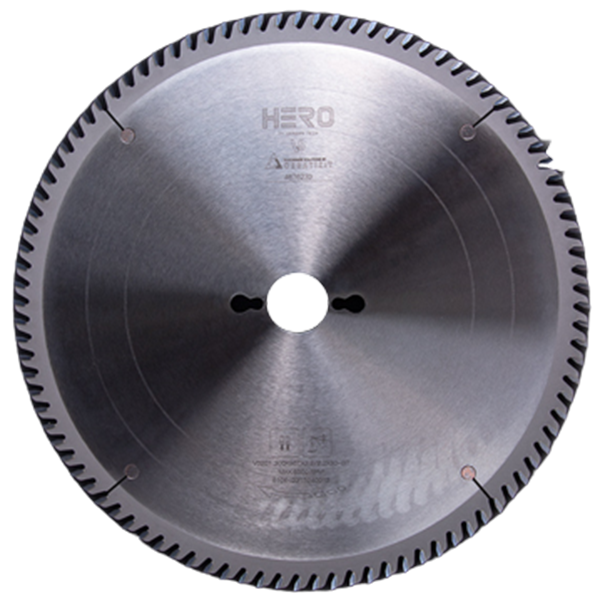 TCT Saw Blade
TCT Saw Blade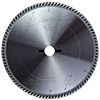 HERO Sizing Saw Blade
HERO Sizing Saw Blade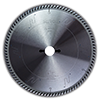 HERO Panel Sizing Saw
HERO Panel Sizing Saw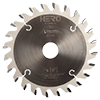 HERO Scoring Saw Blade
HERO Scoring Saw Blade HERO Solid Wood Saw Blade
HERO Solid Wood Saw Blade HERO Aluminum Saw
HERO Aluminum Saw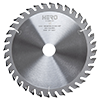 Grooving Saw
Grooving Saw Steel Profile Saw
Steel Profile Saw Edge Bander Saw
Edge Bander Saw Acrylic Saw
Acrylic Saw PCD Saw Blade
PCD Saw Blade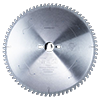 PCD Sizing Saw Blade
PCD Sizing Saw Blade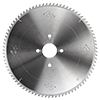 PCD Panel Sizing Saw
PCD Panel Sizing Saw PCD Scoring Saw Blade
PCD Scoring Saw Blade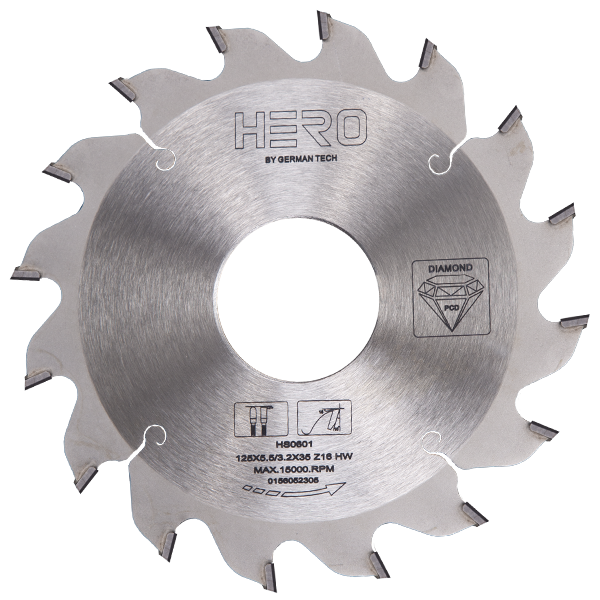 PCD Grooving Saw
PCD Grooving Saw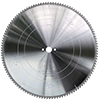 PCD Aluminum Saw
PCD Aluminum Saw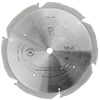 PCD Fiberboard Saw
PCD Fiberboard Saw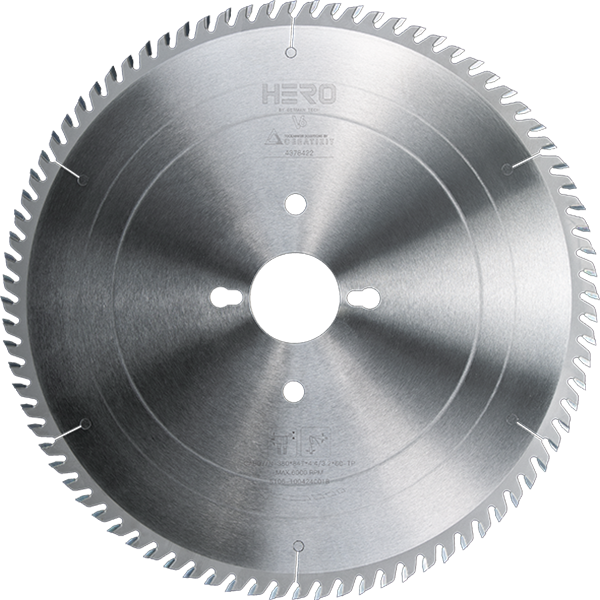 Cold Saw for Metal
Cold Saw for Metal Cold Saw Blade for Ferrous Metal
Cold Saw Blade for Ferrous Metal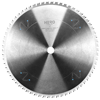 Dry Cut Saw Blade for Ferrous Metal
Dry Cut Saw Blade for Ferrous Metal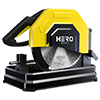 Cold Saw Machine
Cold Saw Machine Drill Bits
Drill Bits Dowel Drill Bits
Dowel Drill Bits Through Drill Bits
Through Drill Bits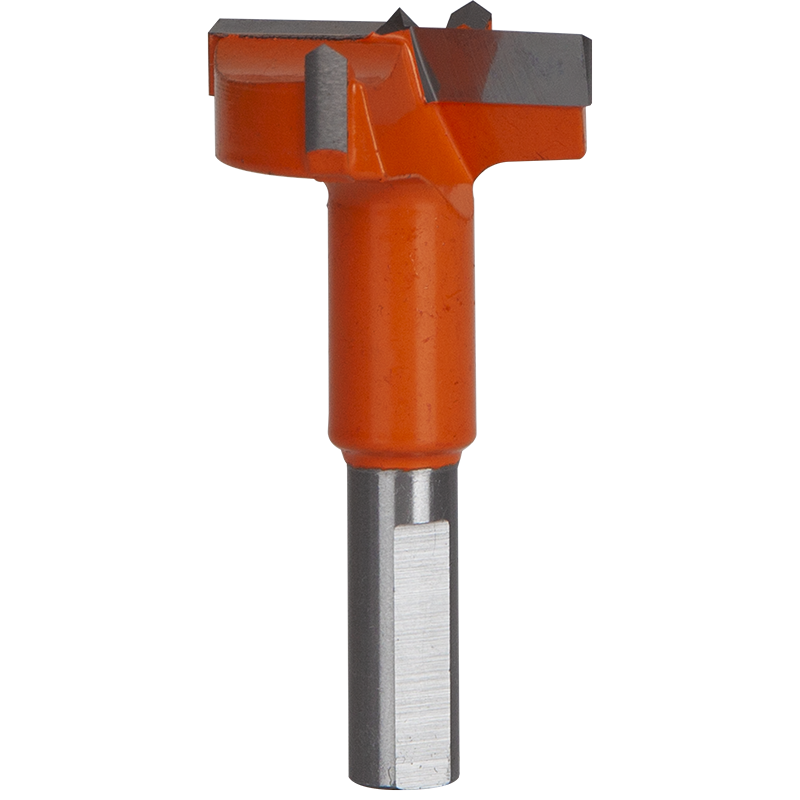 Hinge Drill Bits
Hinge Drill Bits TCT Step Drill Bits
TCT Step Drill Bits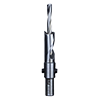 HSS Drill Bits/ Mortise Bits
HSS Drill Bits/ Mortise Bits Router Bits
Router Bits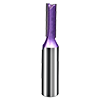 Straight Bits
Straight Bits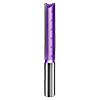 Longer Straight Bits
Longer Straight Bits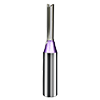 TCT Straight Bits
TCT Straight Bits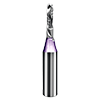 M16 Straight Bits
M16 Straight Bits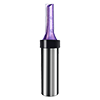 TCT X Straight Bits
TCT X Straight Bits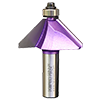 45 Degree Chamfer Bit
45 Degree Chamfer Bit Carving Bit
Carving Bit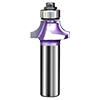 Corner Round Bit
Corner Round Bit PCD Router Bits
PCD Router Bits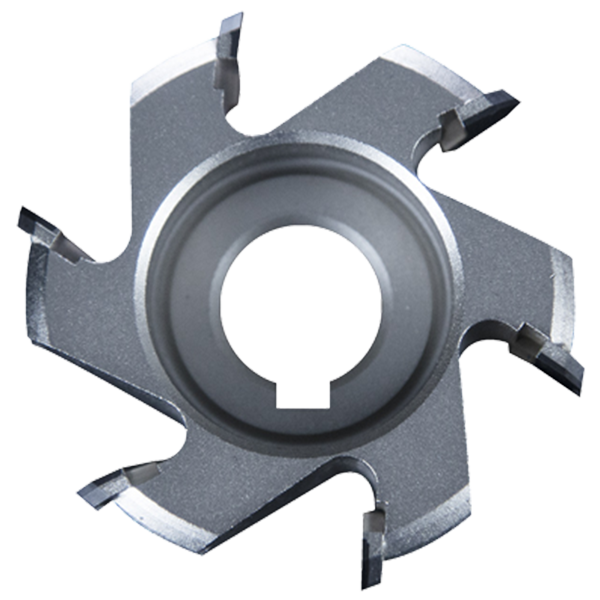 Edge Banding Tools
Edge Banding Tools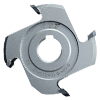 TCT Fine Trimming Cutter
TCT Fine Trimming Cutter TCT Pre Milling Cutter
TCT Pre Milling Cutter Edge Bander Saw
Edge Bander Saw PCD Fine Trimming Cutter
PCD Fine Trimming Cutter PCD Pre Milling Cutter
PCD Pre Milling Cutter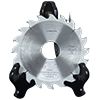 PCD Edge Bander Saw
PCD Edge Bander Saw Other Tools & Accessories
Other Tools & Accessories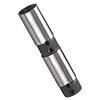 Drill Adapters
Drill Adapters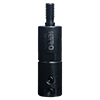 Drill Chucks
Drill Chucks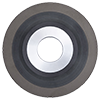 Diamond Sand Wheel
Diamond Sand Wheel Planer Knives
Planer Knives
